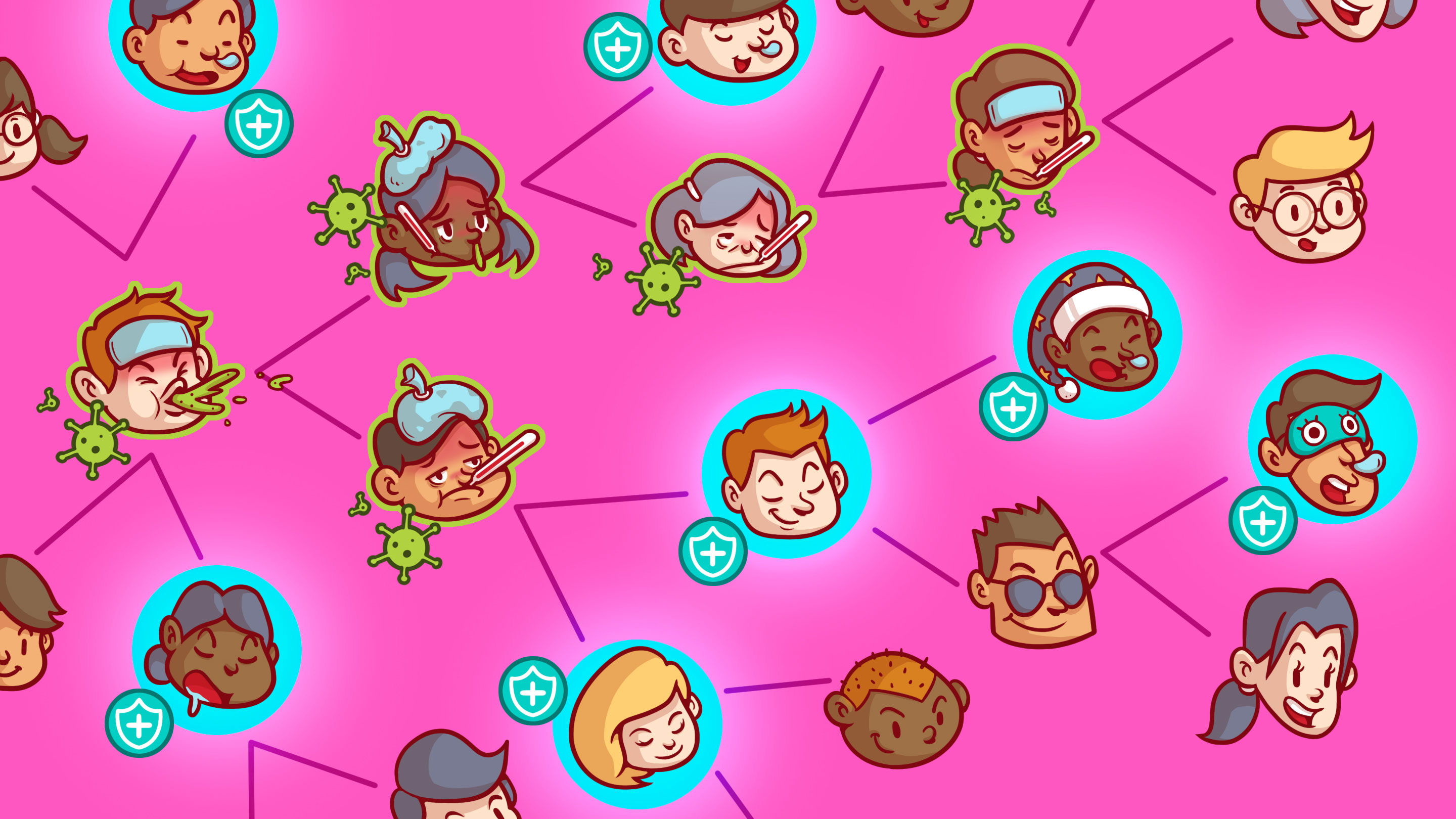Dear Readers,
The summer madness is upon us and it is time to bring out the Iced-tea-filled mugs and ponder over the millions of things happening around us through our Eight edition. This edition takes you through social structures, the origins of the April Fool, and a deep dive into the history of distracting technologies.
3 Reading Recommendations
- Imagine living in a society where you don’t know what the rules are, or if there are any rules at all. This is what Emile Durkheim, a French sociologist, called anomie. Anomie is a state of normlessness that occurs when society undergoes rapid social change and loses its sense of cohesion. Durkheim argued that anomie causes deviant behavior and social problems such as crime and suicide. In modern societies, anomie finds more commonplace, where individualism and competition replace cooperation and community. Watch this interesting video that sums up how social change can lead to social chaos. | SOCIOLOGY - Émile Durkheim
- It’s 2023, and we are on the cusp of mind-boggling technological advancements, to say the least, yet we are still typing into a text box and interacting with AI in the simplest way of interaction possible. How did this come to be? As ChatGPT and similar AI systems are taking over the space in all of tech, they also lead to an interesting outcome and raise an interesting question; is texting the future of technology? Read about how this old user interface is seeing a resurgence. | ChatGPT started a new kind of AI race — and made text boxes cool again
- Have you ever been fooled by a friend playing a prank or fallen for a fake image only to look at the date and realize that it is that dreaded day when nothing you see or hear can be trusted? Well then April Fool has claimed another victim, only being a victim in this case usually leads to a laugh about it later. We have all been on either side of this charade, but have you ever wondered where it all started? | How the Joke of April Fool’s Took Over the World
1 Mathematical Concept to Ponder Upon
Mathematicians have finally proved the decades-old Sullivan’s conjecture, solving the hardest problem in geometry that aims to understand how to minimize the surface area of a bubble cluster. The problem has stumped mathematicians for centuries, with the famous Zenodorus, the Greek mathematician, asserting over 2000 years ago that the sphere is the best single bubble. Sullivan's conjecture posits that there is a certain way to enclose a group of bubbles that minimizes the surface area, which has been proved correct for three bubbles and up in dimensions three and four. The breakthrough result, described as "monumental," is a significant achievement and has far-reaching implications for geometry. | Three Bubble Problem and More

1 Crazy Idea Picking Up Steam
Revolutionary smart bandages developed at Caltech can monitor wounds and provide targeted treatment! Made from a flexible polymer with embedded electronics and medication, these bandages can transmit data wirelessly, deliver medication directly to the wound site, and even apply a low-level electrical field to stimulate tissue growth for faster healing. Say goodbye to chronic wounds with this cutting-edge technology! | ‘Smart' Bandages Monitor Wounds and Provide Targeted Treatment
1 Tech in Pop-Culture
Are you worried that your brain has been broken by 21st-century technology? Fear not! It turns out that humans have been fretting about the effects of new technology on our minds since the invention of writing itself. From ancient Roman philosopher Seneca, the younger to 14th-century scholar and poet Petrarch, and from Renaissance scholar Erasmus to French theologian Jean Calvin, people have been worried about being buried alive under a mountain of books and losing the ability to focus. But the anxieties don't stop there! In the 21st century, digital technology has reignited the same old concerns about attention and memory. Are smartphones and social media making us stupid? Some people think so! But fear not, dear readers, for this article explores the long history of these worries and offers insights into how technology can both extend and degrade our thinking. | We have always been distracted or at least worried that we are



